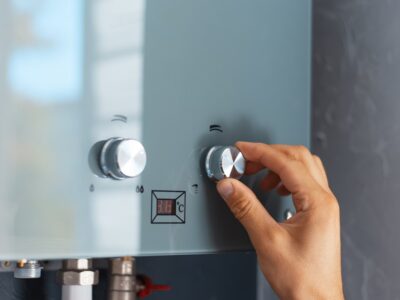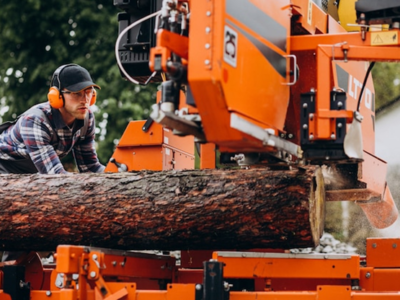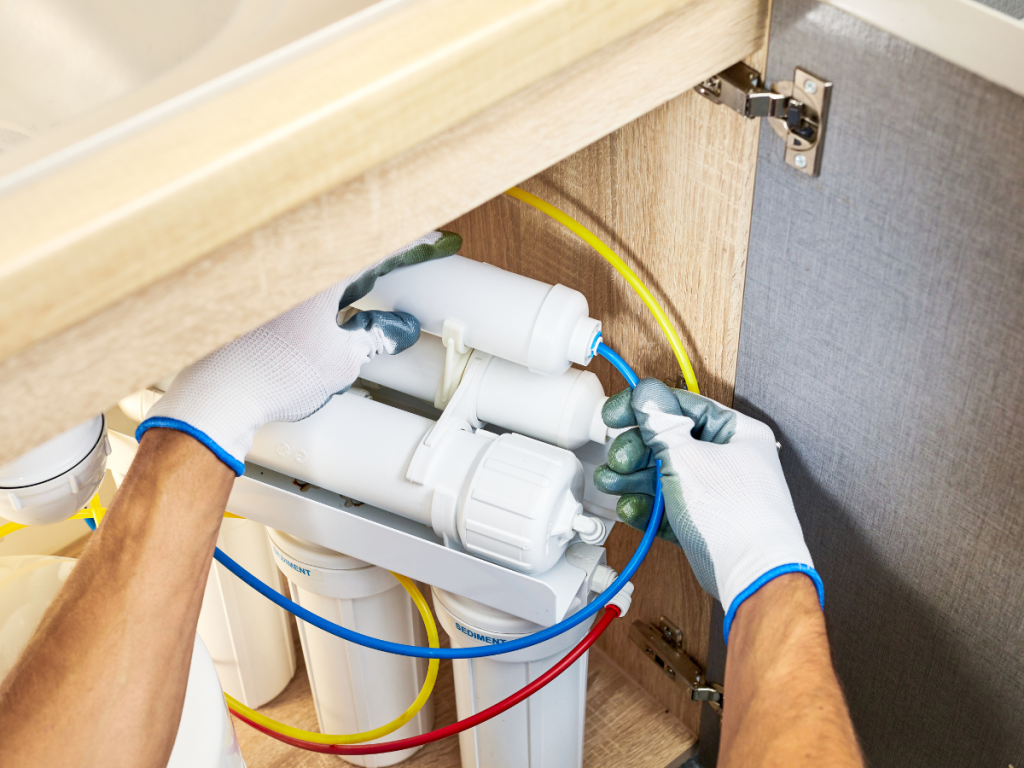Magnetic locators and metal detectors both locate items underground, but how they do so and what kind of items vary between them. Find out how to distinguish between a magnetic locator and a metal detector to determine which one you need to get the job done.
Magnetic Locators
A magnetic locator is a tool that finds ferrous objects underground. So, if you are searching for an iron object underground, a magnetic locator is for you.
What could you be searching for that contains iron? Old pots? Swords? All of these options are potential finds, but, for the most part, magnetic locators are used to search for underground utility pipes and lines that can pose a problem for construction.
The magnetic locator works by detecting magnetic fields around buried iron objects. Typically, an audio tone will sound when the signal from the magnetic field grows close to the locator; as the object and the locator get as close as possible, the frequency of the audio tone increases, indicating a more precise location. Depending on what kind of item it is and where it is buried, the sensitivity settings can be adjustable for a range of different purposes.
Magnetic locators are available in various makes and models with a selection of features. Since prospect and build sites are typically more rugged than an office environment, many are enhanced for added durability. Preferred magnetic locator features include:
- High accuracy
- Light-weight
- Battery indicator
- Low cost
- Headphone compatible
- Rugged
- Portable
- Accessories
Metal Detectors
A metal detector is a tool that can be used to find numerous kinds of metal objects underground or in other applications. All metal detectors generally work the same with slight variation. While there are no magnetic locators in the airport or federal buildings, specialized metal detectors are on those properties.
Metal detectors use the search coil in the sweep plate to transmit an electromagnetic field into the ground. If there are metal objects underground within the metal detector’s electromagnetic projection area, the object will retransmit in return. More information is derived from the target object, and the metal detector as this process plays out.
Unlike magnetic locators, metal detectors are not seeking ferrous items such as buried pipes or utility lines. However, these objects are sometimes found by accident and located as an unwanted target by the metal detector.
Magnetic Locators vs. Metal Detectors for Digging
When surveying and scanning property for information on digging conditions, a magnetic locator is a tool that professionals use to identify potential challenges with utilities and pipes. It is the safest and most reliable measure of determining if you risk hitting a hazard when you dig.
For homeowners, it might be tempting to use a beachcombing metal detector to determine where to plant a tree or dig a foundation for a shed. However, consulting a surveying company with the most accurate tools for the job is the safest approach. Engineer Supply has an impressive selection of magnetic locators for professional surveyors, construction workers, and excavators to get the job done right. The general rule is to dial before you dig. Find the contact for utility services in your area, and they will either send a surveyor out to your property or provide you with the number of a company that offers the same services.








Comments